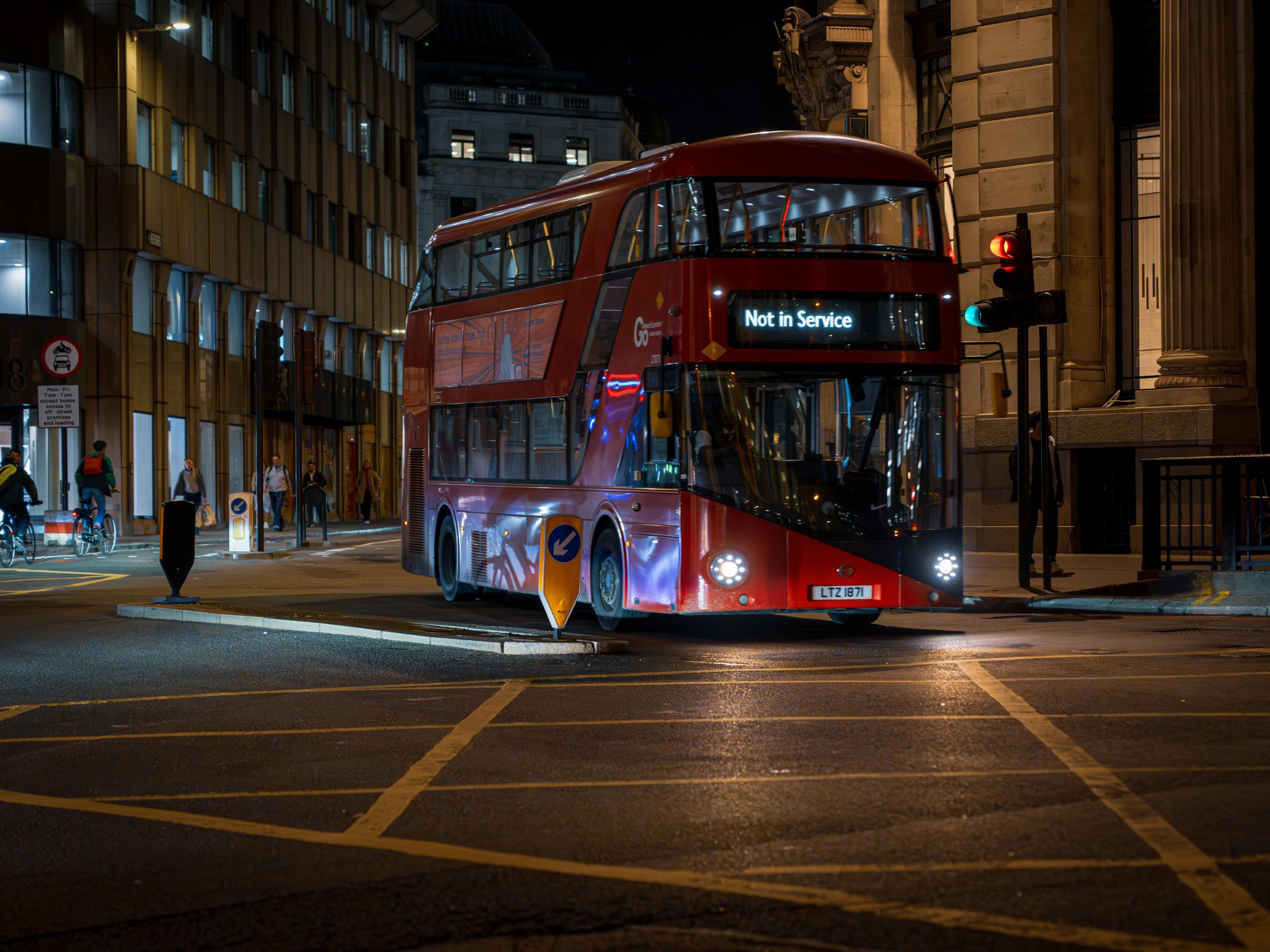Transitioning London Buses to Electric Power: A Step Towards Sustainable Urban Transportation
As cities worldwide strive to reduce their carbon footprint and promote sustainable living, London’s public transportation system is making notable advancements by transitioning its bus fleet to electric power. This shift represents a significant move towards cleaner, quieter, and more efficient urban transit.
One of the most compelling advantages of electric buses is the elimination of traditional internal combustion engines, which previously contributed to noise pollution and occupant discomfort. The old diesel-powered buses, particularly in models associated with the Boris buses era, were often characterized by engine vibrations and space heaters that added to passenger discomfort. The transition to electric models addresses these issues by providing a smoother, quieter ride and enhancing overall passenger experience.
Electric buses also contribute to improved air quality within the city, reducing emissions and supporting London’s environmental goals. Additionally, the quieter operation of electric motors leads to a more pleasant daily commute and reduces noise pollution in busy urban areas.
From a rider’s perspective, the shift to electric buses has been positively received. Many now look forward to riding public transport without the nuisance of engine vibrations or cold engine noise, making the experience more comfortable and inviting.
In conclusion, London’s move towards an electric bus fleet is a commendable step forward in creating a more sustainable and enjoyable public transportation system. As cities continue to innovate in this space, it is encouraging to see the tangible benefits for both the environment and daily commuters.


One thought on “What Are People’s Opinions on Transitioning London Buses to Electric?”